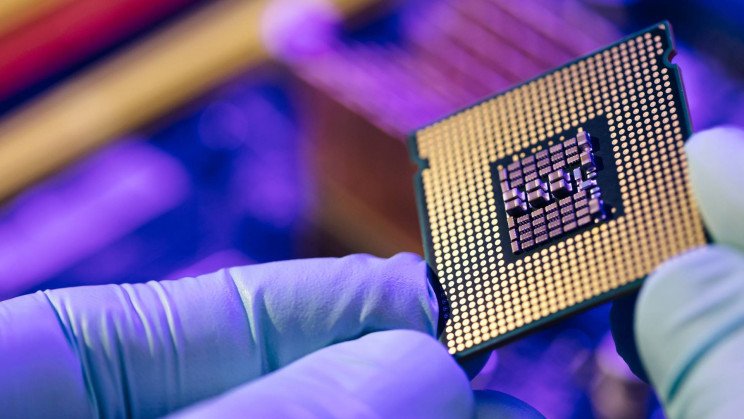It was announced by The US National Security Technology Accelerator (NSTXL) that it has chosen Microsoft to build advanced chips for the military.
“Historically, the security requirements associated with developing microelectronics have limited the U.S. Department of Defense’s (DoD) ability to leverage the latest innovations,” Tom Keane, Corporate Vice President, Azure Global, Microsoft Azure.
“Through a recent DoD-sponsored project, Rapid Assured Microelectronics Prototypes (RAMP) using Advanced Commercial Capabilities, the goal is to leverage commercial best practices to help accelerate the development process and bring reliable, secure state-of-the-art microelectronic design and manufacturing to national security and defense applications.”

The company Microsoft and DoD have collaborated earlier as well, and it has been going on for the past 40 years. their combined efforts were directed towards bringing commercial innovation to the national security community.
A group of companies was headed by Microsoft previously to develop the design capabilities that could achieve the DoD’s mission priorities. This step was the first component of their new collaborative project.
In the second phase, they will develop custom integrated chips and System on a Chip (SoC) with “lower power consumption, improved performance, reduced physical size, and improved reliability for application in DoD systems.”
Entities working on this combined project include Ansys, Applied Materials, Inc., BAE Systems, Battelle Memorial Institute, Cadence Design Systems, Cliosoft, Inc., Flex Logix, GlobalFoundries, Intel Federal, Raytheon Intelligence and Space, Siemens EDA, Synopsys, Inc., Tortuga Logic, and Zero ASIC Corporation.

The nature of the materials of the chips to be made along with their specific functions is yet to be revealed.
Still, it is known that the chips will comprise mission-critical applications, with cloud, AI, and machine learning-enabled automation, security, and quantifiable assurance. It was further stated that the Navy and Air Force both desire to leverage commercial capabilities to develop a RAMP prototype methodology. This means that the government is going to be one of the major users of these new futuristic chips.


